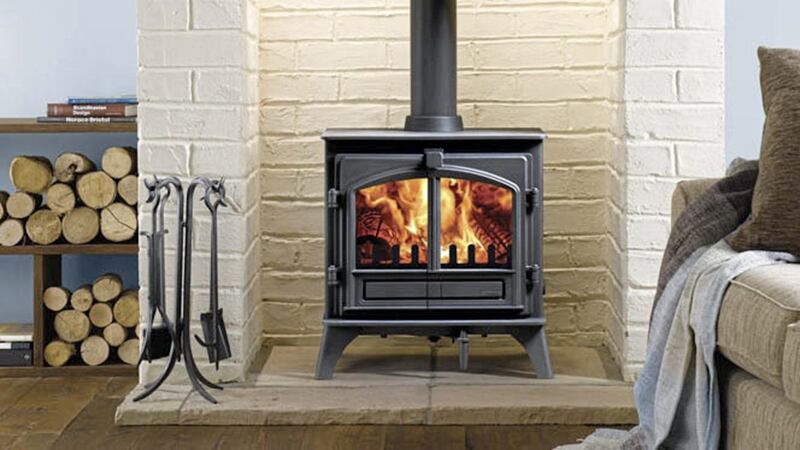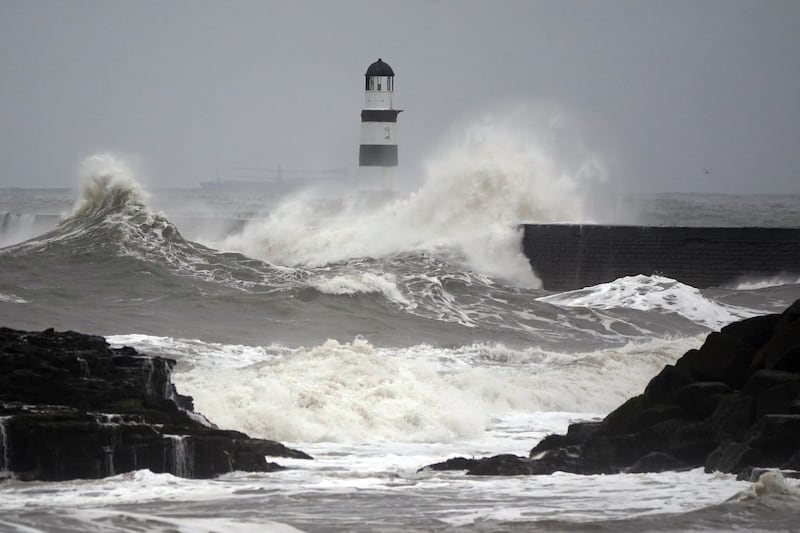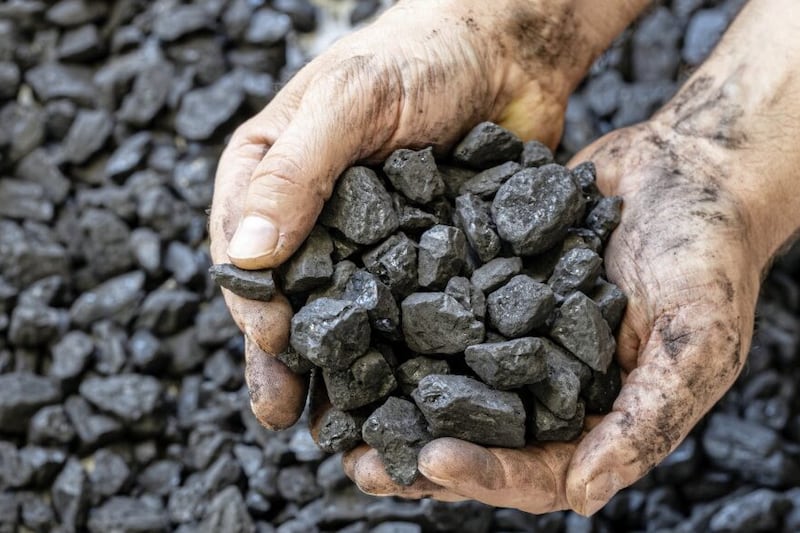NORTHERN Ireland will continue to allow the sale of fuels for household stoves and open fires which emit more particles per hour than a diesel truck, despite a ban announced in England.
The sale of the house coal and wet wood will be phased out from next year to clean up the air to tackle tiny particle pollutants known as PM2.5, which can penetrate deep into lungs and the blood and leading serious health problems.
The Department for Environment, Food and Rural Affairs (Defra) said wood burning stoves and coal fires are the single largest source of PM2.5 - contributing three times as much of the pollution as road transport.
Dry wood and manufactured solid fuels produce less smoke and pollution, and are cheaper and more efficient to burn, Defra said.
However, Stormont's Department of Agriculture, Environment and Rural Affairs (DAERA) said yesterday it is not planning to follow suit.
"DAERA has no current plans to introduce a ban on the sale of coal and wet wood in Northern Ireland," a spokeswoman said.
But she added that it is looking at ways of cleaning up pollution.
"The Department has been working on developing a draft Clean Air Strategy. This involves close collaboration with other departments and officials continue to work together to finalise the draft consultation document on the Clean Air Strategy.
"Once complete, Minister (Edwin) Poots will consider the options for issuing the draft Clean Air Strategy for public consultation later in the year, following Executive clearance."
In Wales, a consultation is already underway for a clean air plan and it includes a possible ban on wet wood.
In Scotland, consultation on a draft revised air quality strategy is due to take place later this year.
This comes after a review which looked at "recommendations on domestic wood burning stoves".
Wet wood is cheaper to buy than seasoned wood which has been dried out, often in a kiln and has a moisture content of just 20 per cent or less, creating less smoke and PM2.5 when burned.








